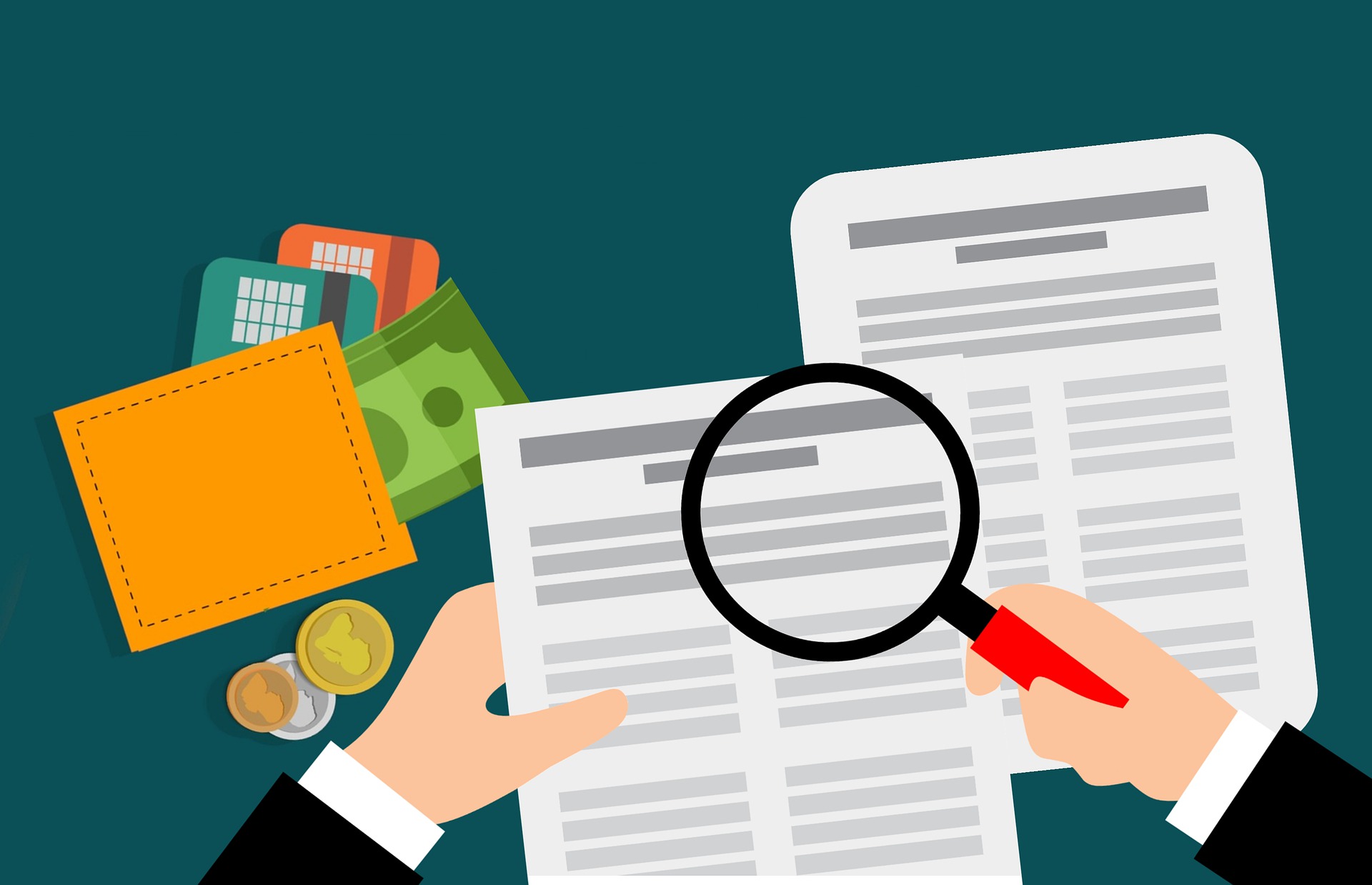How to Get a Business Credit Report
A business credit report provides a snapshot of the company’s financial health. It reflects its financial history, including credit utilization and on-time payment records.
A business credit report can be a powerful tool for mitigating credit risk when extending lines of credit to customers. By carefully analyzing the information provided in these reports, you can make informed decisions that protect your business and foster successful financial relationships.
What Is a Business Credit Report?
A business credit report, also known as a company credit report or corporate credit report, is a comprehensive financial assessment. It contains information about a company’s payment history, credit utilization, length of credit history, types of credit, and public records. A business’s credit score is a numerical representation to measure its creditworthiness.
Payment History
Payment history provides insight into how timely a company has been in paying its financial obligations. A consistent record of on-time payments contributes positively to a higher credit score, whereas late payments or defaults can significantly lower the score.
Credit Utilization
Credit utilization is calculated by dividing the total outstanding credit balances by the total credit limits. A lower credit utilization indicates that the company is managing its credit responsibly and not overextending itself financially. A healthy utilization percentage is 30% or less.
Length of Credit History
The length of a business’s credit history is another significant factor in determining its credit score. Credit reporting agencies consider the age of the company’s oldest credit account and the average age of all its credit accounts.
A longer credit history is generally more favorable, as it provides more data on the company’s financial behavior and creditworthiness. It shows that a company has built a solid credit history by responsibly establishing and maintaining credit accounts over time.
Types of Credit
Types of business credit include trade credit, loans, credit cards, and lines of credit. A diverse mix of credit types demonstrates that the company can effectively manage multiple financial obligations. However, too many credit accounts or a concentration of one type of credit may indicate financial distress and increased risk. Ideally, a company should be able to pay multiple types of creditors on time for a long period of time without maxing out its credit.
Public Records
Bankruptcies, tax liens, and judgments against a company show up on its public record. These are scenarios that can indicate financial distress. If a company has worked to resolve negative public records, its credit report should reflect this.
Buying Behavior
Buying behavior is a leading indicator of a company’s financial health and trends in specific spending areas provide insight into whether a company is experiencing growth or decline. For example, a sudden decline in material purchases can indicate an anticipated drop in manufacturing volume, presumably due to declining orders or weak sales forecasts. Or if a company has a sudden increase in shipping spend, this can indicate an increase in manufacturing output, or strong sales, or both.
Credit Departments can access an actionable view of B2B purchasing insights on their customers in Moody’s Analytics Pulse Credit Reports. The detailed buying behavior trends in the reports offer a more complete view of a company’s financial health, that is simply unavailable with conventional credit reporting alone.
How to Get a Business Credit Report
You will first need to gather the necessary information about the company. This includes their full legal business name, address, and Employer Identification Number (EIN) or tax ID number.
Having accurate information is essential to ensure that you’re looking up the correct business and obtaining the right credit data. If you’re unsure about the accuracy of your data, utilize a free business directory to cross-reference.
Next, you’ll need to create an account with your chosen credit reporting agency. Each agency has its own scoring model, so it’s a good idea to review data from more than one. This will provide a more comprehensive view of the company’s creditworthiness.
Once you have an account with the credit reporting agency, you can request the business credit report by inputting the company’s information. You should receive the credit report and score within a few minutes or hours.
Moody’s Analytics Pulse makes it easy to pull credit reports on businesses without an expensive subscription. Pull in depth credit reports on businesses in three easy steps:
- Create a free account with us
- Search for a business and click on the profile
- Click the “Buy Report” button and enter your payment information
After purchase, you will be redirected to the credit report pdf and another copy will be emailed to you for convenience.
Monitoring and Reviewing Business Credit Reports
Regularly reviewing business credit reports is crucial for companies providing lines of credit. Doing so enhances the decision-making process around credit extensions, adjustments to credit limits, or potential termination of credit lines.
Regular credit monitoring also allows you to spot trends, identify potential risks, and recognize positive changes in a customer’s credit behavior. By keeping a close eye on your customers’ credit reports, you can both ensure that your business remains protected, and foster healthy financial relationships.
Routinely checking credit reports can be time consuming and often tedious. Moody’s Analytics Pulse offers a free credit monitoring service that will alert you of any change in your customer’s credit health. This can save credit managers precious time each week reviewing credit reports for changes in their customer’s financial health.
Reporting Customer Payment History to Credit Bureaus
Creditors can contribute to the accuracy of their customers’ business credit reports by regularly reporting payment history to credit reporting agencies. Ensure that your reporting is timely, accurate, and consistent. This can have a significant impact on your customers’ credit scores.
Get Elevated Insight Business Credit Reporting
To obtain a business credit report from Moody’s Analytics Pulse, visit our free business directory. There, you will need to create a free account. Once you have an account, you can access important details, including Moody’s credit risk assessment. For additional insight, you can purchase a detailed business credit report at an affordable rate.
Moody’s Analytics Pulse provides the tools you need to effectively monitor your customers’ financial performance, empowering you to monitor thousands of accounts. To see these features in action, contact Moody’s Analytics Pulse today or schedule a free demo with one of our credit experts.



